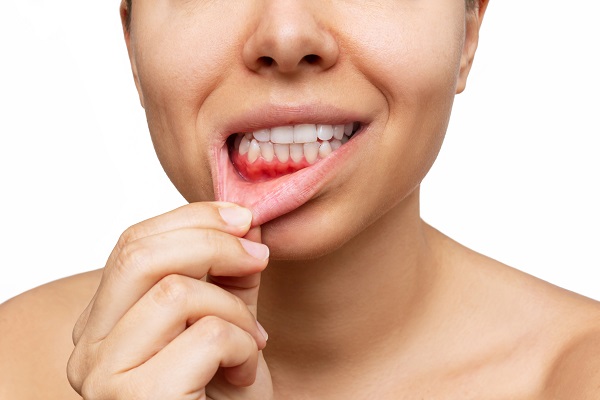How a General Dentist Treats Gum Disease

Like cavities, gum disease is a common dental dysfunction that affects people of all ages. If you are suffering from gum disease, you should not put off getting treatment. Your general dentist has the knowledge and training to relieve the symptoms of this disease. In some cases, the dentist might be able to reverse its effects. You can have peace of mind to know that there are methods available to restore your health and prevent more serious problems.
An overview of gum disease
Also known as periodontitis, this disease can damage the soft tissue in the mouth. It is characterized by red, inflamed gums and bleeding from this area while brushing or eating. Without proper treatment, periodontitis can cause bone loss and, eventually, tooth loss. Failing to brush and floss regularly will lead to this disease. This causes a buildup of bacteria between teeth and along the gumline. Plaque and tartar can form, destroying the gums and teeth.
Education
As the first signs of gum disease appear, the general dentist may teach proper brushing and flossing techniques to the patient. The individual may not be flossing and brushing enough, or at all. Or, the dentist may need to correct the way the patient is doing these things. Often, doing these habits correctly can stop the disease from progressing.
Scaling
This is one of the most common ways to combat gum disease. The dentist or hygienist can perform this treatment, either during a routine checkup or at a different appointment. Using a tool, the dentist or hygienist scrapes plaque and tartar from the surface of the teeth or below the gums. Some offices may use an ultrasonic device or a laser. This treatment can remove bacteria from the teeth and gums, promoting good health. It will reduce the risk of the disease becoming more serious.
Root planing
This process often accompanies scaling. The dentist smooths the surfaces of the roots. This minimizes the chances of bacteria growing and causing gum disease. It is also an effective way to stop tooth decay. This treatment can speed up the healing process for people who have severe periodontitis.
Medication
In some situations, the dentist may recommend using antibiotics to treat gum disease. Topical or oral medications can kill the bacteria that cause plaque and tartar buildup. This method is also a good way to keep infections from developing in the gums or teeth. The dentist may give multiple doses to the patient, depending on how serious the periodontitis is.
Surgery
The most severe cases of gum disease may require flap surgery. In this treatment, the dentist makes incisions in the gums, pulls them back, and exposes the roots. This allows the dentist to do more effective scaling. It can also let the dentist examine the bones and repair any bone loss.
Healing is possible
There can be serious consequences to having gum disease. The good news is that there is hope that you can recover from these issues. Your dentist can offer these treatments to restore your oral health. Make an appointment so you can discuss your options.
Request an appointment here: https://www.refinedsmile.com or call Terry W Rudnyk, DDS, PC at (480) 240-5713 for an appointment in our Scottsdale office.
Check out what others are saying about our dental services on Yelp: Gum Disease in Scottsdale, AZ.
Related Posts
General dentistry has several approaches to gum disease treatment. The goal is to prevent complications like tooth loss, relieve pain and discomfort, and restore the patient’s smile. Learning the basics of the most common types of gum disease treatment can help patients better understand why a specific approach is recommended for their oral health needs.Gum…
If your dentist has diagnosed you with gum disease, you should seek treatment right away. If you do not address this problem quickly, it can become increasingly more serious. The faster you identify this condition, the more likely you are to treat it effectively. With the right intervention at the right time, you can reverse…
Implant restorations are a highly effective solution for replacing missing teeth, offering patients a durable, natural-looking option that restores functionality and aesthetics. They involve a process that combines the surgical placement of a dental implant with the creation and attachment of a prosthetic crown or other dental appliance. Take a look at this step-by-step guide…
General dentists are the best resource to refer to when it comes to plaque and tartar. They specialize in treating both, while also making an effort to educate patients on ways to prevent development to begin with. Thankfully, there are a lot of ways that general dentists can help patients avoid this from occurring. One…
